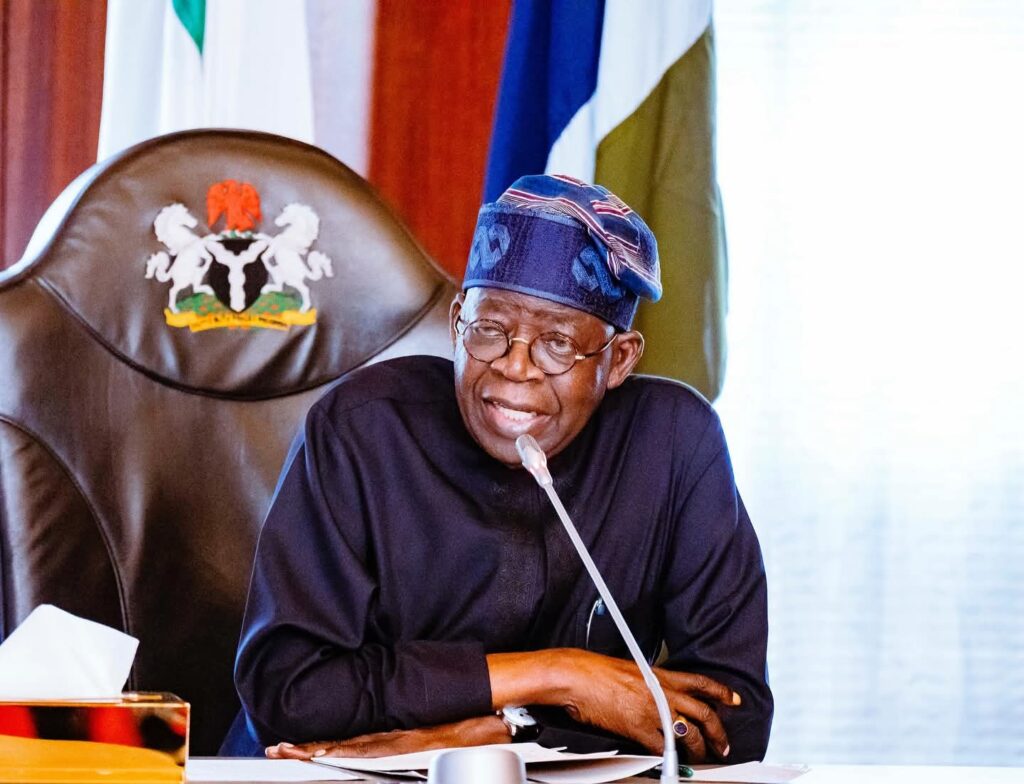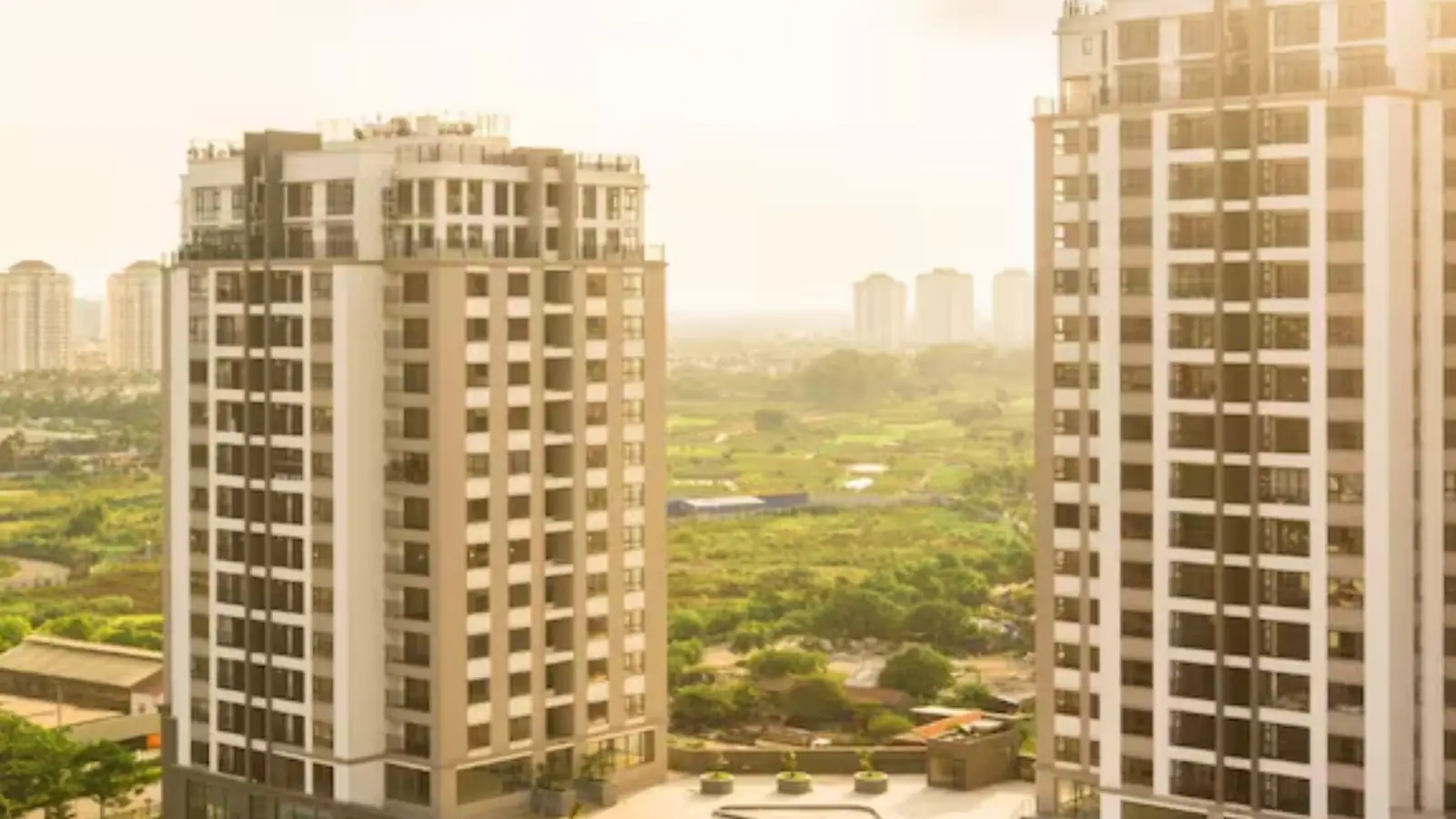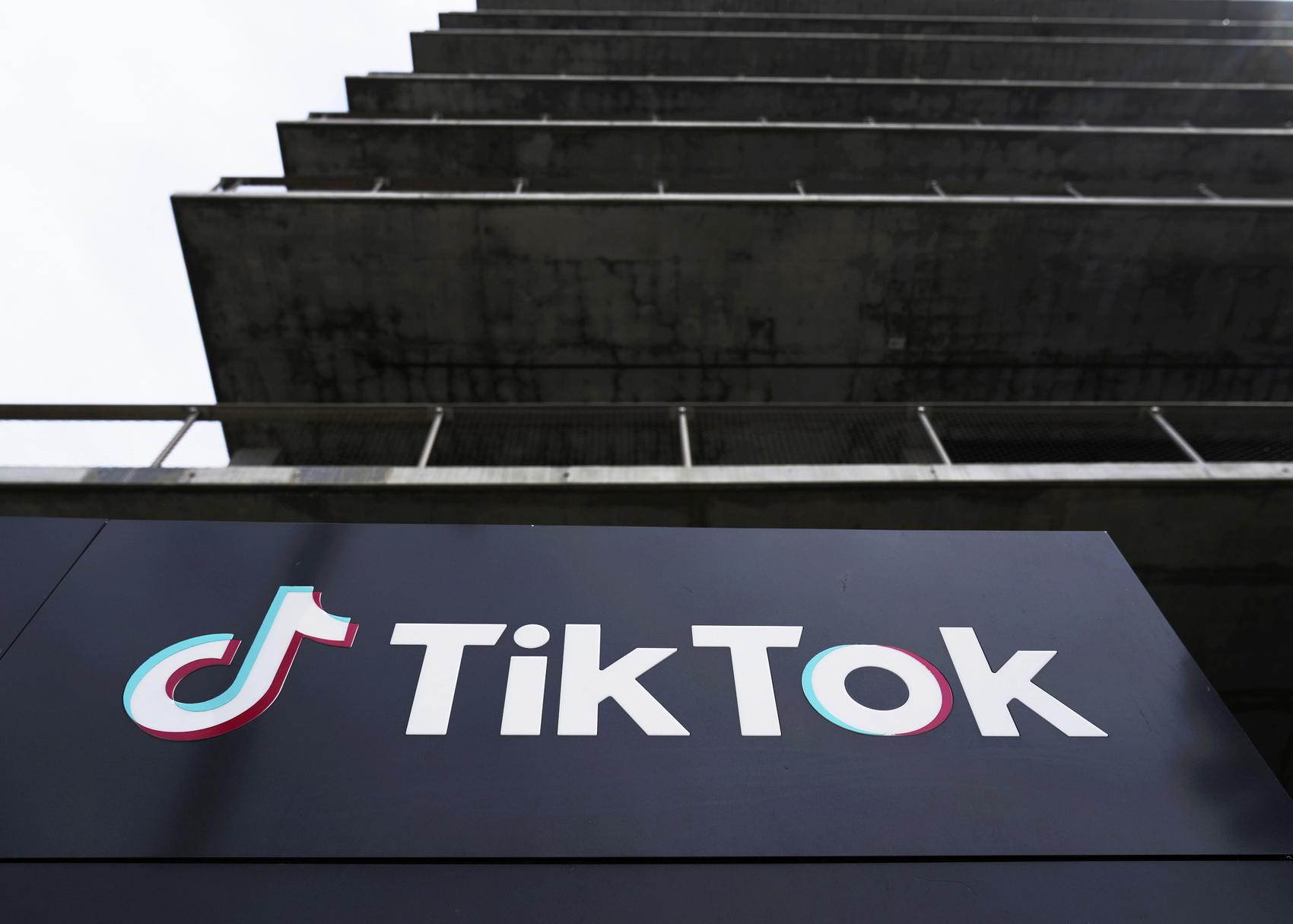Nigeria Railway designed to address population growth, to lead African logistics sector — FG
By danivert,Guinness World Records
Copyright thesun

From Idu Jude Abuja
The President Ahmed Bola Tinubu, has said that the ongoing railway sector project across the country, is to address the problem of population growth from the year 2050 and to lead Africa’s economic development.
President Ahmed Bola Tinubu made the remark on Monday in Abuja, while declaring open the 2nd International Railway Conference and Expo, with the theme ‘Opportunities and Challenges in Railway Development in Africa, a Call for Investment.
President Bola Tinubu, who was represented in the occasion by the Vice-President Senator Hashim Shettima, further highlighted that the railway infrastructure signaled the dawn of the paced industrial revolution with the discovery of the steam engine.
“It was a miracle of its age. It shrunk distances and transformed societies. Hence became the bridge between our agricultural commodities and the rest of the world, while serving as the most reliable means of mass transportation for our people. Today, more than at any point in our journey as a nation, we are in greater need of railway services for two compelling reasons. The size of our economy and the sheer scale of our population”.
The President noted that about two hundred and thirty million people are aging towards two hundred and fifty million. And by 2050, it will be the third most populous nation on earth, stressing that Nigeria will soon surpass the United States, and our population will hit four hundred and forty million people.
“It is therefore a great honor and privilege to stand before you and share the promise of this day. The world has remained committed to railway services because they represent more than a month of transport. They have proven to be the backbone of industrialization.
“They connect raw materials to factories, workers to opportunities, and farmers to markets. They shape not only economies, but also the cultural and social bonds of societies. This enduring relevance explains why every poor-looking nation from China to Vietnam, across generations, has invested in the railways as a special driver of development.
“We must never forget that history is filled with testimonies of how railways transformed nations. From the transcontinental railroads of the United States to the trans-Siberian lines that stitch together the vastness of Russia to the modern high-speed sub-Asia, trains have always stood as evidence that development without connectivity is an illusion. We must learn from this history, but we cannot afford to lag if we seek to keep pace with global economic competitiveness”.
His further encapsulates that every part of this continent has embraced the reality of Rail as a practical solution to transportation challenges. This transition, he said, aligned with the ambitions of African Nations with the submission that no economy can grow without sustainable means of mass transportation.
President Tinubu further stated that it is the railway that connects cities, ports, and markets, and it is the railway that ensures that our dreams of integration are not limited by distance or geography.
“The challenge ahead of us is to lead this race as the logistics hub of Africa by reviving and revitalizing our railway services. We must be conscious of our place as the anchor of West Africa’s economy and home to the continent’s largest population as we prepare for the adoption of modern railway infrastructure. This awakening inspired projects such as the Kano-Maradi railway modernization would open new gateways for trade under the African continental free trade area.
“Our agenda is shaped by the urgent need to reduce the burden on our roads and highways. Decades of over-reliance on road transportation have led to congestion, rapid deterioration of infrastructure, and higher accident rates. Railways offer safer and more environmentally friendly alternatives, reducing carbon emissions and reinforcing our commitment to sustainable development.
“But the task of maximizing the immense opportunities in the railway sector is not one we consider easy. It requires networks, partnerships, and robust collaboration with stakeholders. This is why our ongoing modernization projects, from Legos to Kano, Kano to Maravi, and Petrako to Maiduguri, are designed with open doors for private sector participation.
“We must ensure not only timely completion, but also sustainability and efficient utilization of these projects. I am happy to note that upon the takeover of the present administration, the Kano-Maradi rail project was 5% completed. Now we are inching towards 60% completion.
And it is to the eternal credit of President Bola Ahmed Tinubu that we have accomplished so much. His Excellency the President has demonstrated time and again our national determination to connect our cities through roads and railways. Our aspiration is for a nationwide industry that can convey its products to the market, and where raw materials can move seamlessly from primary producers to industries without hindrance.
“This conference provides an invaluable platform for us to deliberate on the most practical strategies to achieve this objective. So I urge each of you to take full advantage of this unique opportunity to engage the resource team and to collectively sharpen the outcomes of this gathering.
Speaking earlier in a welcome address, the minister of transportation, Senator Said Alikali, stated that the conference will maximize the potential of the railway sub-sector. He said the conference also seeks to assemble railway experts, industry players, and other stakeholders to share knowledge and experience across jurisdictions on emerging trends, funding opportunities, and prospects of railway services as a catalyst for national development.
“This discussion will maximise the potential of the railway sub-sector as a viable option for boosting commerce through geographical mobility and general economic growth through connectivity and collaborations.
“I am glad to inform you that the Renewed Hope Agenda of President Bola Ahmed Tinubu administration has accorded special priority to transportation in recognition of the above reality credited to transportation as a gateway to the nation’s economy.
“In this regard, I have considered it most expedient to highlight a few key achievements by the Ministry under this administration to expand the scope of discussions during technical sections and attract useful output to enhance the transport sector, this she said will include, to
Facilitate accelerated execution of the 203km Kaduna-Kano ongoing rail modernization project from 15% at the inception of the Administration to 53% and the 387 km Kano-Maradi with extension to Dutse from 5% to 60%.
“The Kaduna – Kano project will be ready for completion and commissioning by December 2026, the Kano – Maradi project will reach Katsina by December this year, and be ready for completion and commissioning by March 2027.
Also, the successful completion of the rehabilitation of the Lagos – Kano Old Narrow Gauge for the freight of goods from the seaports to connect to Dala Inland Dry Port to put it to use.
“The recent Federal Executive Council approval for the construction of one modern One-Bus Terminal in each geopolitical zone of the Country to be situated at Abeokuta (South West), Onitsha (South East), Warri, (South-South), Lokoja (North Central), Kano (North West), and Gombe (North East). This development will enhance efficiency, public safety, and the welfare of passengers;
“Successful facilitation of takeoff of the Federal University of Transportation Daura whose manpower status at the inception of the Administration had only a Vice Chancellor;
“The Administration also supported the operationalisation of the laudable Presidential initiative on compressed Natural Gas through the establishment of CNG Conversion Centres and training of over 6,000 transport professionals in 2024 alone by the Nigerian Institute of Transport Technology (NITT) Zaria to administer transport initiatives, laws, and policies.
It facilitated the provision of the Presidential transport festive relief programme across the country during the Yuletide, which transported over one million passengers free by rail and road in 2023 and 2024, respectively, to enhance the security and welfare of Nigerians.
“The recent introduction of dual-fuel locomotive technology flagged off on the Abuja – Kaduna rail corridor to enhance operational cost effectiveness;
Federal Government‘s financial support for the establishment of light rail by states beginning with Kaduna, Kano, and Ogun to enhance public transportation and economic productivity in the affected states and the country in general;
“The administration also attracted foreign investors for the construction of high-speed rail from Abuja – Lagos, Abuja – Kano, and Abuja – Port Harcourt to boost the nation’s infrastructural development and revenue generation profile. At the moment, the Outline Business Case was approved by the Infrastructure Concession and Regulatory Commission (ICRC);
Facilitated sourcing of funds from China Development Bank and the release of the Federal Government’s counterpart funds for the Kaduna-Kano rail modernization project; and
“The recent approval of the National Land Transport Policy by the Federal Executive Council after decades of struggle since 1993. The policy will lay the foundation for the future development of land transportation in Nigeria”.
The Minister, also observed that around the world, railways have always been more than a transport mode. “They are nation builders and Engines of Economic Transformation:
In Europe, railways enabled the Industrial Revolution.
In China, they powered urbanization and export growth.
In Africa, railways are emerging as the backbone of regional integration.
“The railway is not only about cargo and revenue. It is about national unity. A young student traveling from Maiduguri to Abuja, a family journeying from Kaduna to Lagos, or traders moving between Port Harcourt and Kano. These journeys weave our people closer together. Railways give Nigerians the confidence that the nation is connected, safe, and accessible.
The African Continental Free Trade Area (AfCFTA) presents an enormous opportunity. But without efficient logistics, our businesses cannot compete. That is why Nigeria’s Kano–Maradi corridor is more than a railway project; it is a gateway to West Africa’s markets, opening access for Nigerian goods into the Niger Republic and beyond.
“As we modernize our railways, we are also positioning Nigeria as a logistics hub for West and Central Africa.
Another crucial dimension is the environmental impact. Rail is the greenest form of mass transport. Every tonne of cement or grain moved by train instead of trucks means fewer emissions, less road damage, and fewer accidents. In a world where climate commitments are shaping trade and investment, Nigeria’s ability to shift freight from road to rail will be a competitive advantage.
“As Minister of Transportation, I wish to emphasize three priorities for the coming years:
Make the Railway an Economic Tool, Not Just an Asset: The focus must shift from construction alone to ensuring rail corridors serve agriculture, industry, mining, and commerce.
Facilitate Securing Sustainable Financing: Government will continue to provide leadership, but the future lies in public–private partnerships, port-rail concessions, and land value capture around stations.
Empower People Through Rail: From engineers to artisans, station managers to security staff, the railway must be a platform for skills, jobs, and inclusive growth. Institutions like the Federal University of Transportation Daura and the Nigerian Institute of Transport Technology Zaria will be supported to prepare the next generation of railway professionals.
“We need the private sector to see opportunity and invest. We need states and cities to integrate urban and intercity networks. We need development partners to continue supporting us with financing and expertise. Above all, we need the Nigerian people, our communities, to protect these assets and make them their own.
“To give credence to the foregoing reality, the railways development and services have been moved from the Exclusive list to the concurrent list through successful Constitutional Alteration. This development will create opportunities for states and private sector participation to maximise the potential of railway transport as an enabler of economic growth and connector of regional hopes.
“Let us envision a Nigeria where:
Our ports are seamlessly connected to factories by rail;
Our highways are relieved of endless trucks;
Our youth are employed building and running trains;
Our neighbours see Nigeria as the hub of African rail logistics.
“This is not a dream. It is a future within our grasp if we work together. Ladies and Gentlemen, the railway is the track of Nigeria’s future linking our economy, uniting our people, and securing our place in Africa and the world”.
Speaking in a goodwill massage the Secretary to the Government of the federation, Senator George Akume, said that the project is indeed a bold and visionary initiative with the potential to significantly enhance Sub-Saharan Africa’s infrastructure base and accelerate South-Saharan Africa’s trajectory.
“Let me commend the Sub-Saharan Africa Limited, Dr. Sam, and his partnership partner, China, Lankai Petroleum Investment Holdings Limited, for the first item of commitment demonstrated so far.
“The scale of this project, alongside the confirmation of the financial support letter from the Asia Development and Investment Bank, running at $60 billion, reflects the seriousness of purpose and ambition behind this proposal. As you are aware, the renewed propaganda of the Sub-Saharan Africa Limited CFI prioritizes transformational infrastructure, economic diversification, job creation, and sustainable national development. This project is an integrated conference of high-speed rail, power generation and transmission, energy infrastructure, and digital platforms, which solidify these priorities and offer significant opportunities for inclusive growth and national integration.
“I assure you that the Office of Secretary of Government of the Federation will continue to provide the necessary coordination with relevant ministries.
“As you are all aware, the Office of Secretary of Government of the Federation coordinates the cross-sectoral engagements of this Limited, ensuring the products of national significance are diligently processed in line with our development priorities”.



